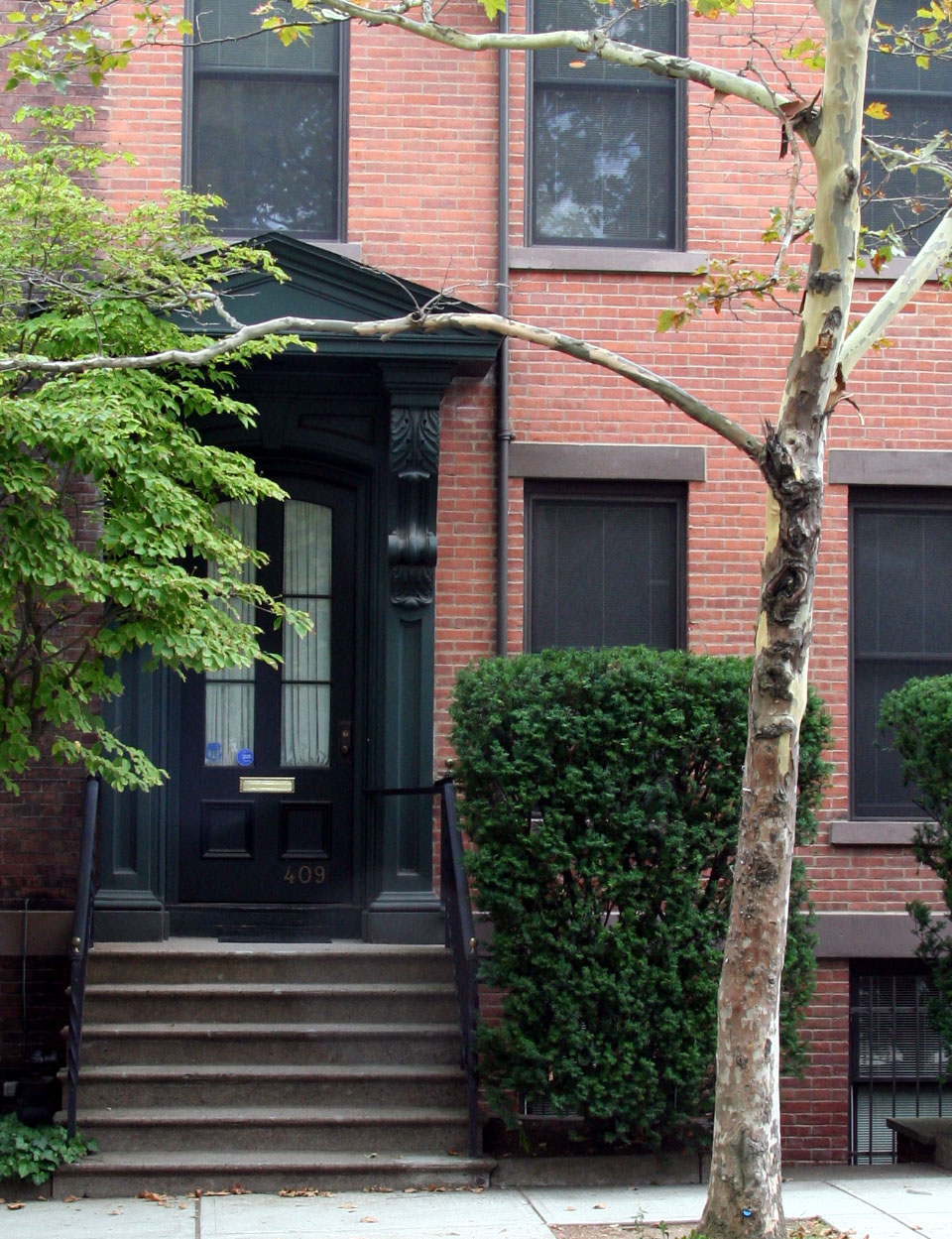1827. · New York
by Johnston, Charles
New York: Pritned by J. & J. Harper, 1827.. 264pp., including errata. 12mo. Modern three-quarter burgundy morocco and cloth, spine gilt with raised bands. Contemporary bookplate on front pastedown (see below). Tear in upper margin of pp.101-104 (with no loss of text). Moderate foxing and tanning, old stain along the outer edge of first half of text. Very good overall. John Randolph of Roanoke's copy, with his bookplate on the front pastedown. Though in a modern binding, Randolph's bookplate has been preserved in the rebinding. A very interesting and uncommon provenance - this is the first book from John Randolph of Roanoke's library that we have handled. John Randolph of Roanoke (1773-1833) a Virginia planter, politician, and (briefly) United States Minister to Russia under Andrew Jackson, was an important ally of President Jefferson and supporter of his policies early in Randolph's tenure in the House of Representatives. Eventually, Randolph broke with Jefferson when he felt that the President was exerting too much power at the federal level, and abandoning the principles of state sovereignty and agrarian Republicanism. It seems clear that Randolph and Johnston were at least acquainted with one another. Randolph was neighbors with Charles Johnston's brother, Judge Peter Johnston, whose family lived near Randolph's Bizarre estate in Farmville, Virginia. As Randolph biographer William Cabell Bruce points out, the Johnstons were "[a]mong the families, with whom [Randolph] was most intimate, when he lived at Bizarre." There is at least one reference to Charles Johnston in Randolph's correspondence. Writing in 1807 to his nephew, Theodore Bland Dudley, who was then at school in Richmond, Randolph instructs him to "Call at Mr. Charles Johnston's, and inquire whether there are any letters there for me. Also, whether there is any news of the ships Calpe, Desdemona, or Rolla? - or any late arrival from London?" Johnston was working at the time as a merchant for the Richmond firm Picket, Pollard, and Johnston. Coincidentally, both Randolph and Johnston died the same year in 1833. In 1790, Johnston and his party were captured at the mouth of the Scioto and were taken to Sandusky by a band of Indians consisting of Cherokees, Shawnees, Delawares, and Wyandots. After several weeks they were discovered by British traders and taken to the safety of the British post at Detroit. Johnston later provided the American government with information about what he had seen. "One of the most interesting Indian captivities" - Streeter. HOWES J158. FIELD 784. AMERICAN IMPRINTS 29372. AYER 165. VAUGHAN 159. SABIN 36355. THOMSON 650. JONES 884. STREETER SALE 1366. GRAFF 2226. William Cabell Bruce, John Randolph of Roanoke, 1773-1833, Vol. 2 (New York, 1922), p.420. John Randolph to Theodore Bland Dudley, October 6, 1807, in Letters of John Randolph to a Young Relative; Embracing a Series of Years from Early Youth to Mature Manhood (Philadelphia, 1834), p.40.
(Inventory #: WRCAM63173)








